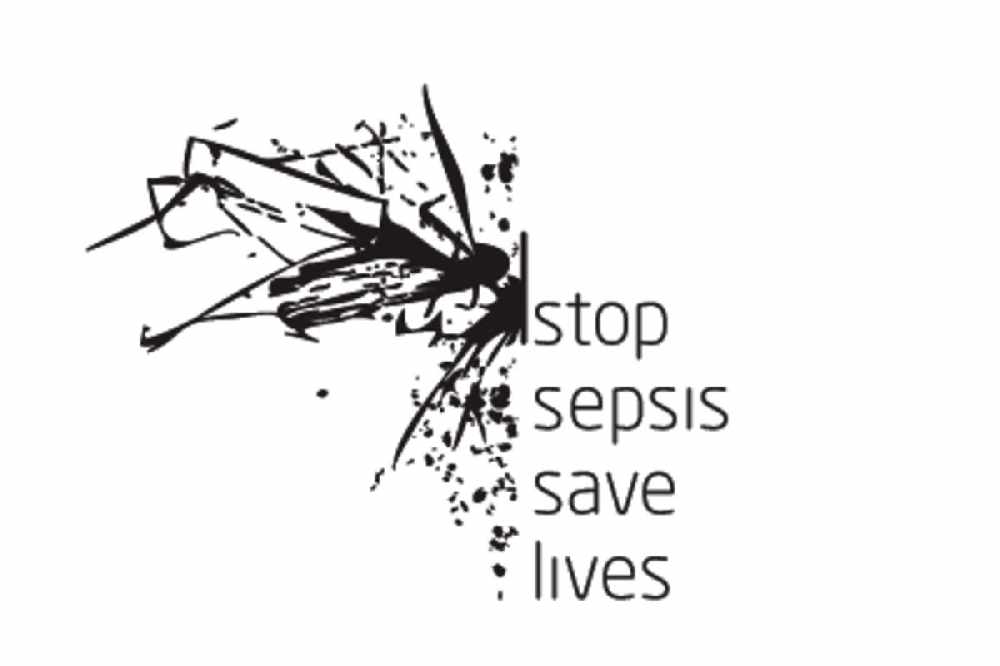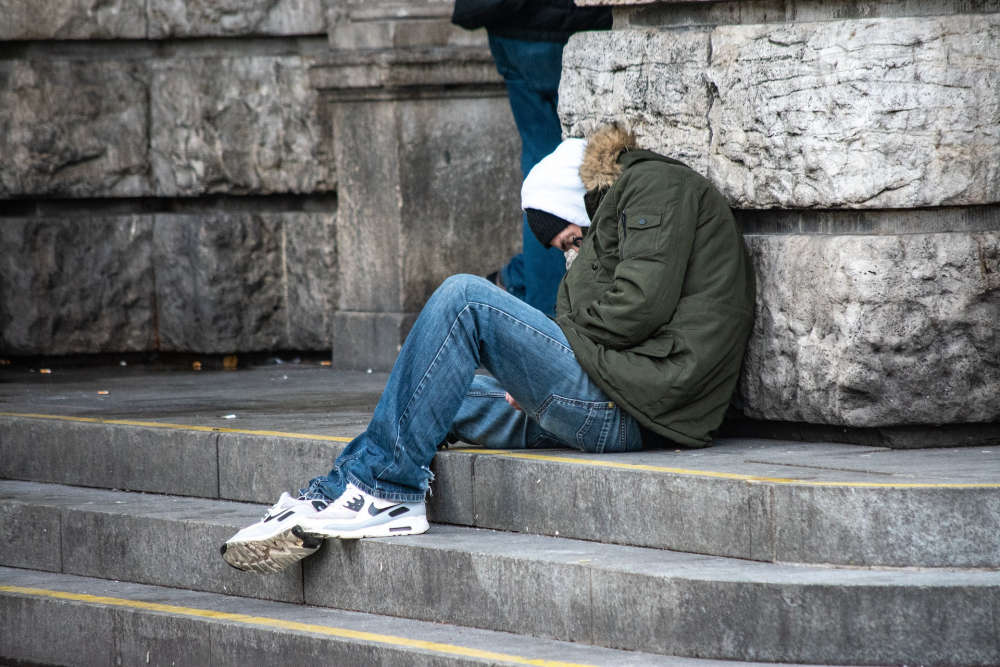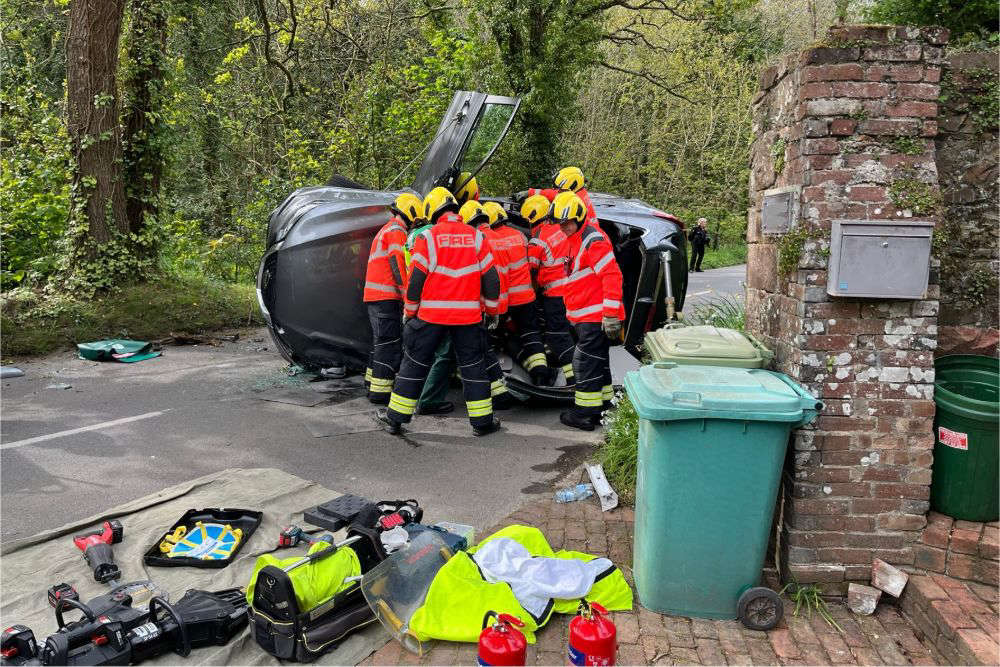
Health staff are calling on islanders to learn the symptoms of a potentially deadly illness.
Today marks World Sepsis Day, with events taking place around the globe to raise awareness:
The condition strikes an estimated 30 million people each year world-wide, and kills around 52,000 in the UK.
Work is being done to establish the number of cases in Jersey annually.
Sepsis is the body over-reacting to an infection, attacking its own organs and tissue.
Hospital nurse Sharleane Le Heuze, and Pharmacist Adam Leversuch are leading the fight in Jersey, campaigning to increase awareness of the illness.
They want other health staff, and members of the public, to know how to spot its symptoms.
In adults, they include shivering, slurred speech and being severely short of breath.
"Sepsis is a very serious condition which can present very differently from one person to another. It can look like flu, gastroenteritis or a chest infection and sometimes you may only have one of the life-threatening symptoms." - Sharleane Le Heuze.
Information leaflets are available in the General Hospital reception.
How to spot sepsis in adults:
Seek medical help urgently if you develop any of these signs:
Slurred speech or confusion
Extreme shivering or muscle pain
Passing no urine (in a day)
Severe breathlessness
It feels like you’re going to die
Skin mottled or discoloured
How to spot sepsis in children:
If your child is unwell with either a fever or very low temperature (or has had a fever in the last 24 hours), call 999 and ask “Could it be sepsis?”
A child may have sepsis if he or she:
1. Is breathing very fast
2. Has a “fit” or convulsion
3. Looks mottled, bluish or pale
4. Has a rash that does not fade when you press it
5. Is very lethargic or difficult to wake
6. Feels abnormally cold to touch
A child under five may have sepsis if he or she:
1. Is not feeding
2. Is vomiting repeatedly
3. Has not passed urine for 12 hours


 Jersey athlete, Lily McGarry, appeals for donations for prosthetic limbs
Jersey athlete, Lily McGarry, appeals for donations for prosthetic limbs
 Levante Jet makes maiden voyage to Jersey
Levante Jet makes maiden voyage to Jersey
 The split between working and non-working Jersey homeless is nearly 50/50
The split between working and non-working Jersey homeless is nearly 50/50
 ArtHouse Jersey launches Liberation 80 exhibition
ArtHouse Jersey launches Liberation 80 exhibition
 Carers offered free training sessions for dementia
Carers offered free training sessions for dementia
 Philip's Footprints introduces new 'Seymour Stroll'
Philip's Footprints introduces new 'Seymour Stroll'
 Firefighters save two islanders from serious St Peter car crash
Firefighters save two islanders from serious St Peter car crash
 New Channel Islands catamaran tests well in choppy seas
New Channel Islands catamaran tests well in choppy seas




